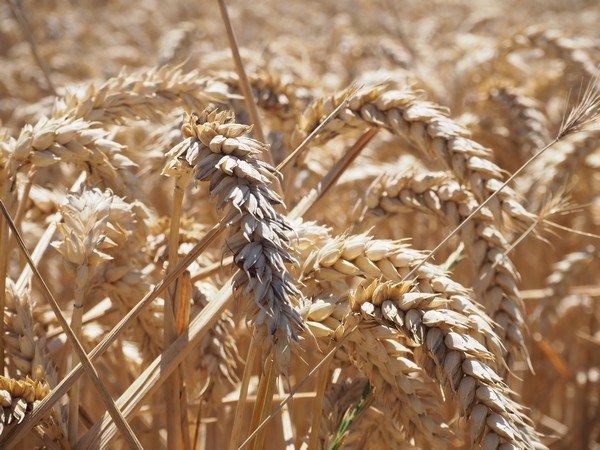
On 3 November 2021, I started a series of songs, “The Buch der Lieder and ten composers”. The series had a prologue, the article Buch der Lieder (I), in which I told you about this collection of poems by Heinrich Heine, one of the most important in German literature and fundamental in the history of Lied. Schubert and Schumann are the composers most closely connected with Heine and this book, but many other composers were also inspired by those poems. This series aimed to listen to ten songs from poems that Schubert and Schumann didn't choose (among the many possible), from ten different composers (again, among the many possible).
This week we're finishing the series with the probably most-known song on the list, Der Tod das ist die kühle Nacht [Death is the cool night] by Johannes Brahms. Brahms wrote only six lieder with poems by Heine, five of which from the Buch der Lieder that neither Schubert nor Schumann set into music, so I could have included any of them, in the series. They're all remarkable, but I just selected my favourite.
Der Tod das ist die kühle Nacht is the penultimate poem from Heimkehr, one of the two parts of the Buch der Lieder on which this series focuses. Brahms composed the song in 1884; six years earlier he had composed two other songs published within Opus 85, from the two poems before this, and he also copied the last one in his notebook of poems; it seems that at some point he thought of writing a small cycle with the last poems of Heimkehr, but he finally did not do so.
Our poem contains two stanzas, which Brahms clearly distinguishes with his music. The first one draws a common correspondence in poetry: day and night/life and death. Nevertheless, in this poem, life is an exhausting day and the poetic voice feels drowsy. Brahms accompanies the verses with a rhythmic motif that evokes both a lullaby and a funeral march; the vocal line hardly moves until the last verse arrives, the climax of this stanza: Der Tag hat mich müde gemacht [The day has made me weary].
The second stanza brings us another usual poetic image, a nightingale singing about love, and a recurring feature in Heine's poetry, dreams, with a diffuse border between being awake and sleeping, and between a quiet dream and a nightmare: notice that the nightingale sings in a “lauter Liebe” (sonorous love), something that fits little with love and the singing of a nightingale. Brahms gives this stanza a more restless character, until in the last verse we meet again with the sorrow of the first stanza.
Der Tod das ist die kühle Nacht is one of those wonderful songs that allows for very different interpretations. We are listening to a performance I like very much, that of Jessye Norman and Geoffrey Parsons.
So far, the series "The Book of Songs and ten composers". I hope you've enjoyed Heine's poetry and this little sample of all the music he inspired. More will come, of course.
Der Tod das ist die kühle Nacht,
Das Leben ist der schwüle Tag.
Es dunkelt schon, mich schläfert,
Der Tag hat mich müd gemacht.
Über mein Bett erhebt sich ein Baum,
Drin singt die junge Nachtigall;
Sie singt von lauter Liebe,
Ich hör es sogar im Traum.
Death is the cool night;
Life is the sultry day.
It is growing dark already, and I feel drowsy,
The day has made me weary.
Above my bed stands a tree
In which the young nightingale sings;
It sings of sonorous love -
And I even hear it in my dreams.
(translation by Emily Ezust)


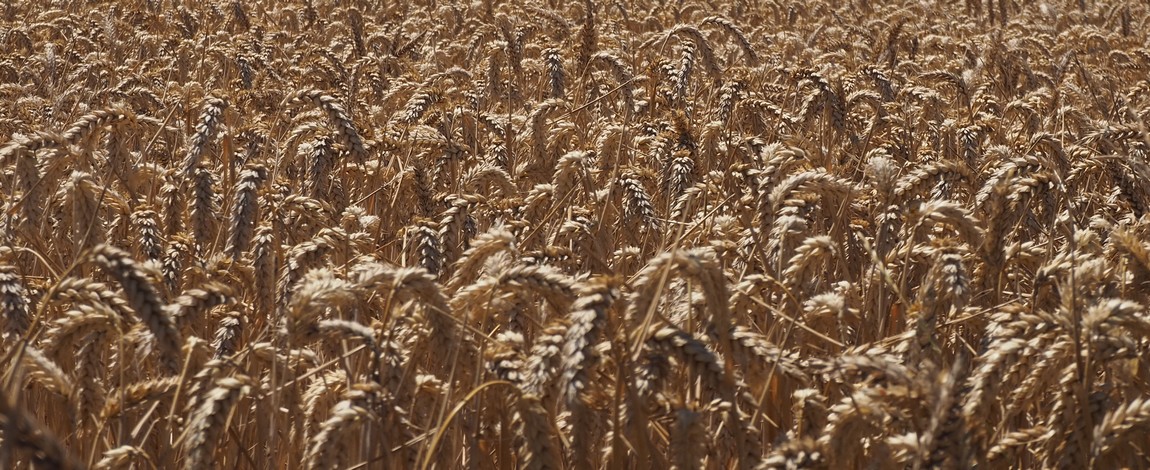
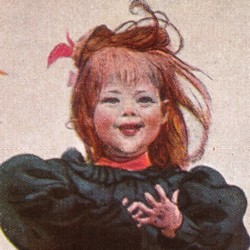
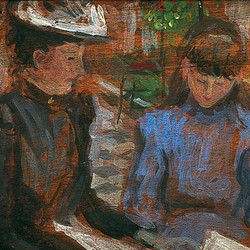
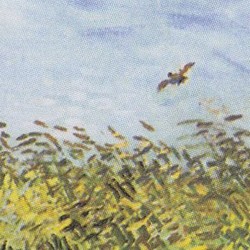
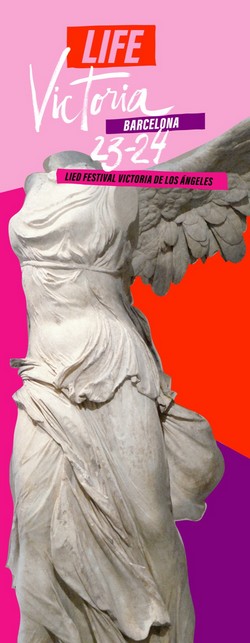











Comments powered by CComment